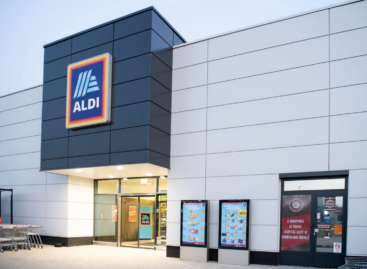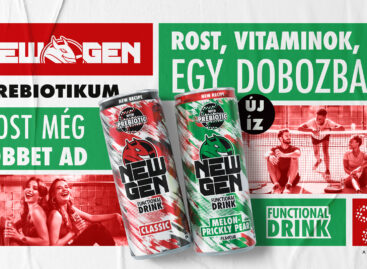Unfortunately, our agricultural resources are being utilised only with low efficiency by EU standards. Farmers and processing enterprises blame each other, rather than co-operate. Both farmers and processing enterprises also blame retailers, who in turn blame their suppliers. However, competitiveness is required of all market players in order to build a competitive sector. Long term co-operation based on trust and mutual benefits is the key to the future of the Hungarian food sector. A high proportion of income is centralised, especially in connection with labour, financing is expensive and the exchange rate policy does not support competitiveness either. Bureaucratic fees are high and authorities are still often inconsistent in their practices. All these factors facilitate grey and black market activities. These obstacles should be removed. Professional associations, retail chains, the Hungarian Chamber of Agriculture and ÉFOSZ should all participate in fighting false beliefs and promoting positive practices, like compliance with contractual obligations. Relevant legislation should also be tightened. Financial incentives can also be offered for co-operation, for example in the shape of EU sources or tax allowances.
Related news
Related news
The popular downtown ALDI store is reopening
🎧 Hallgasd a cikket: Lejátszás Szünet Folytatás Leállítás Nyelv: Auto…
Read more >HELL NEW GEN is renewed with prebiotics – a new flavor is also coming
🎧 Hallgasd a cikket: Lejátszás Szünet Folytatás Leállítás Nyelv: Auto…
Read more >






